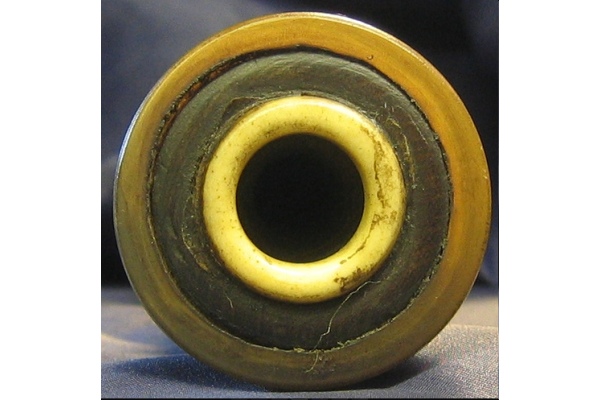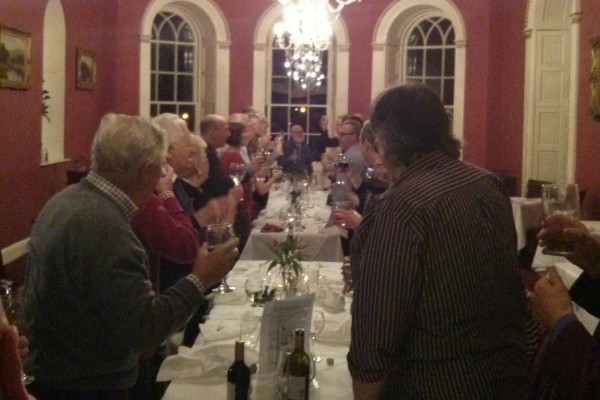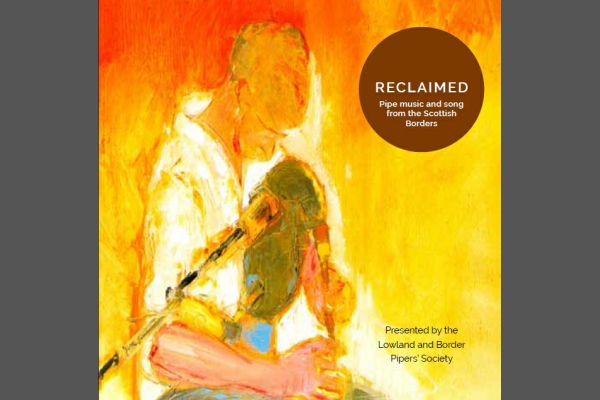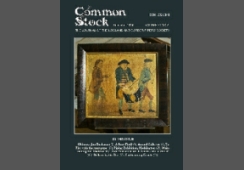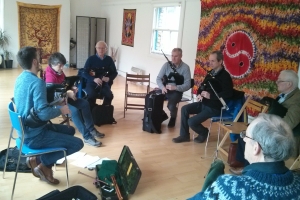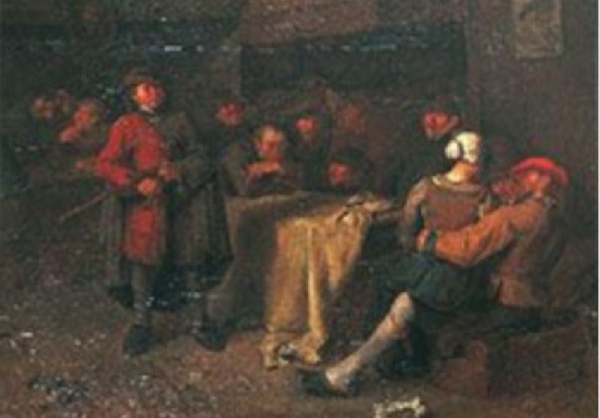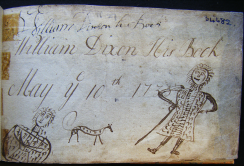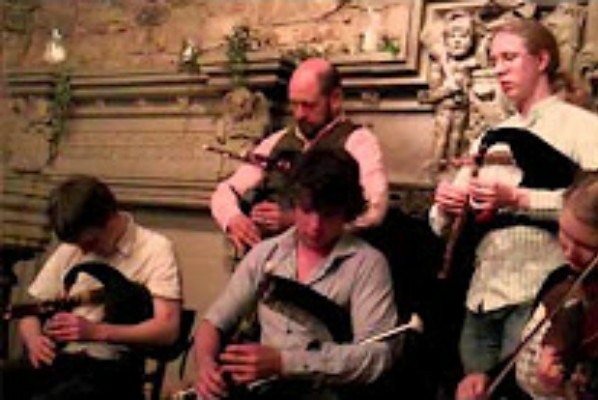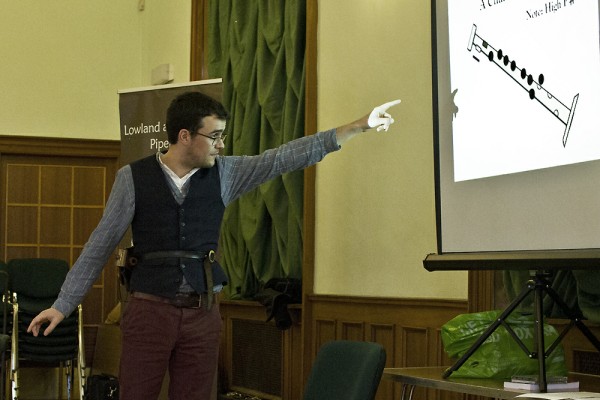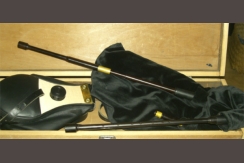Playing modern compositions in sessions #5 (Special lockdown edition) from Matt Seattle
If there’s still anyone around to read this in the future, this article was written during the Covid-19 pandemic of 2020. My last Monday night session at the Canon, Jedburgh, was 9th March. I followed advice to stay home the following week, and the week after that everyone stayed home. I hope it won’t be the last ever, but times are so uncertain that there are no guarantees.
Each traditional session has its unique character – and characters: our session generally has more fiddles than any other instrument, but along with guitar, mandolin, banjo, flute, whistle and bodhrán there can be one, two, three, sometimes even four pipers of various persuasions. Although the pipers inevitably sit out some of the time, there are enough pipe and pipe-friendly tunes for us to keep our hands in, and we frequently begin the evening with a medley starting with this tasteful march by John Somerville, composer of the excellent Voyage of the Hector suite (a performance in Selkirk of which I had the pleasure of taking part under John’s direction) and box player with The Treacherous Orchestra:Balchraggan
©John Somerville
John tells me “The tune is named after the area where my parents’ house is. Balchraggan is part of Abriachan, a small crofting hamlet on the north side of Loch Ness.”
Next, a tune that you almost certainly won’t have heard elsewhere as it was composed by two Canon regulars, fiddlers Jimmy Nagle and Helen Scurfield.
Helen’s husband Darren writes “The tune was commissioned for the eponymous Bill Glenn as a 50th anniversary o playin the pipes gift. Frae Wishaw, Bill bides yet in Kirk Yetholm, he served wi the Cameronian Highlanders and saw action in Malaya, is a piper an’ sometime member o’ Jedburgh Pipe Band where he cam tæ be kent tæ us. A veritable manmountain he towers at weel ower 6 ft and if he disnae weigh 20 st it’ll be techt. A gentleman throu tæ the marræ wi’ whimsical humours, nary a sweir nor curse, the tune reflects his personality and the tempo and metre cry his rolling, steadfast but easy gaun stride.
Dinnæ gaun agly, gaun steedy! ”Big Bill Glenn
© Jimmy Nagle and Helen Scurfield
With current restrictions in place some of you may already be recording tunes yourself for, or watching others’ recordings on, Youtube, Facebook and Twitter. There’s lots to look at if you’re so inclined, and a couple that I’ve picked up on are Gary West’s Green Couch Sessions and Duncan Chisholm’s early morning fiddle tunes, some recorded with other players adding their parts remotely by etheric transmission. Search for hashtag #COVIDCeilidh on twitter for many more.
The appearance of the next tune here and now is a direct result of the pandemic, as explained by composer and LBPS member Stephen McNally: “The Rockfield Centre in Oban is doing a little online music thing called Shared Sessions, where folk are invited to upload a video of themselves – play a tune, sing a song – and here’s my contribution. Back in ’96 the weekly session in Oban was in The Woodside which is just across the road from the Rockfield Centre, and I wrote a tune for the session called The Woodside Reel, so – enjoy!”
The Woodside Reel
© Stephen McNally

Note that Stephen’s tune requires c naturals. I don’t know if Gordon Duncan was the first to use these in a composition (Andy Renwick’s Ferret) but they feature more and more in modern pipe tunes along with other notes outwith the 9-note Highland pipe scale. Some Scottish smallpipers have chanters with a low hand thumbhole for c natural, and on Border pipes the note is easily available with cross-fingering.
Our fourth tune has c naturals too, and in a departure from our previous articles also requires high b. Some smallpipers’ chanters have a key for high b, so the tune is both for them and for those Border pipers who are musical daughters and sons of Geordie Syme.
The strathspey Rothiemurchus Rant is well known to Highland pipers, but we suspect that many of them are unaware that they are only playing strains 1 and 3 (in A) of a 4-strain fiddle original (in C). When Martin Marroni introduced the reel version into our session I initially ignored it as being outwith my range, but after a while I twigged that I could play a version on Border pipes compatible with the fiddle version by raising just a few passages by an octave. So you can see what’s going on, the fiddle version appears here under the pipe version.
Rothiemurchus Reel
Trad, adapted Matt Seattle

Grateful thanks to composers John Somerville, Helen Scurfield, Jimmy Nagle and Stephen McNally who have generously granted permission for their copyright works to appear here.
